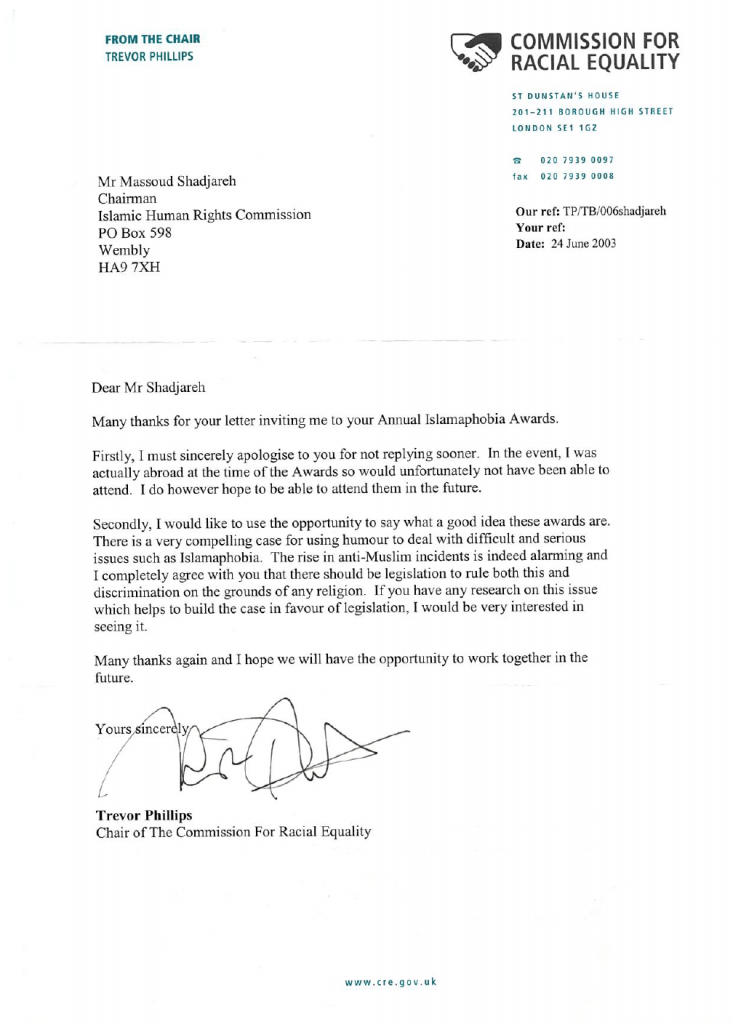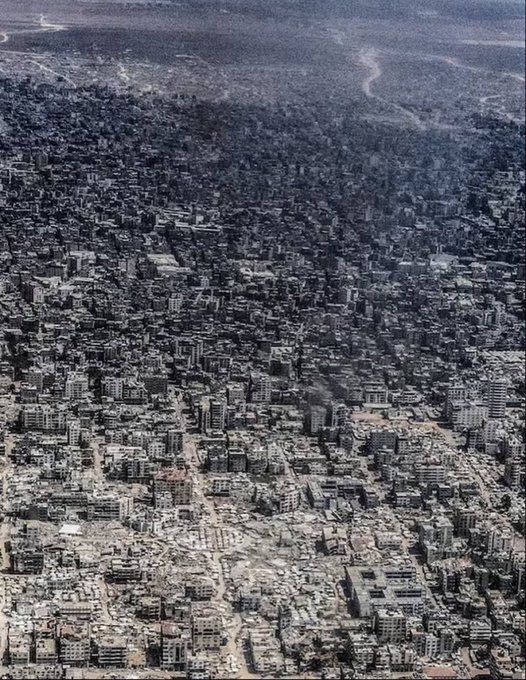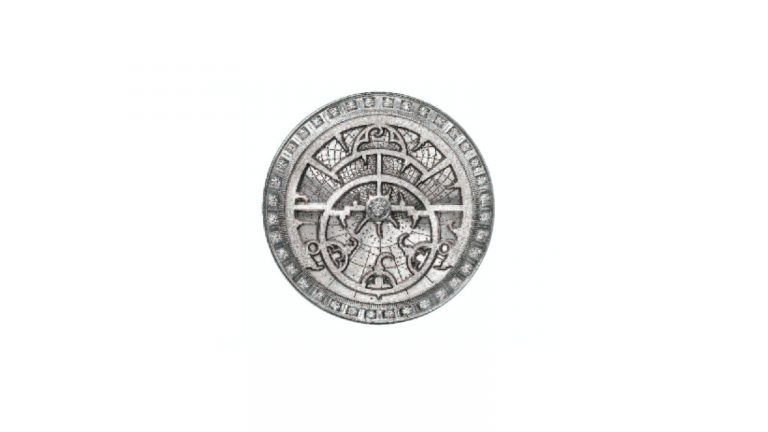Policy Exchange’s latest report rather proves the case of institutional Islamophobia
Policy Exchange’s latest report ‘On Islamophobia’ is an equal combination of comedy and tragedy. Its comedic and tragic aspects both emanating from the ludicrous conspiracy woven by its authors with regard to various Muslim organisations and allies in the struggle against Islamophobia and other forms of racism in civil society, politics, the media and academia. One would laugh, were it not for the fact that think tanks like PE sit atop a hierarchy of privilege and power as compared to those they lambast, and their words have the power to negatively impact Muslims who argue that anti-Muslim racism / Islamophobia is a real lived experience and an institutional form of racism.
It is significant that the authors focus, in the case of IHRC in large part on our fundraising satirical event, the Islamophobia Awards, yet avoid mentioning twenty plus years of rigorous academic work on both the statistical experience of Islamophobia as well as its causes and impact. We assume that they do not deal with the findings and arguments because they comprehensively undermine PE’s theses[1].
It is perhaps worth noting that despite now inferring that the Islamophobia Awards are problematic, the report’s co-author Trevor Phillips, then head of the CRE wrote to IHRC in that capacity in 2003 [2] apologising for being unable to attend the event due to an overseas commitment and then proceeding to laud the event, stating:
“I would like to take this opportunity to say what a good idea these awards are. There is a very compelling case for using humour to deal with difficult and serious issues such as Islamaphobia. The rise in anti-Muslim incidents is indeed alarming and I completely agree with you that there should be legislation to rule both this and and discrimination on the grounds of any religion. If you have any research on this issue which helps build the case in favour of legislation, I would be very interested in seeing it.”
He ends the letter, “I hope we will have the opportunity to work together in the future.”
Whilst it is clear, Philips no longer carries a flame for IHRC, it is probably better he does not try to erase his relationship with that he now decries. This is not Phillips’ only laudatory comment regarding the Awards from that period of time.
There is significant research in existence, including that of IHRC that makes the case for the existence of structural Islamophobia and an increase in hate crimes, discrimination and many other forms of everyday Islamophobia. The PE report briefly avers to the Counter Narratives to Islamophobia project funded by the EU that IHRC was a partner in with six universities, albeit to infer that this is something sinister too. That project looks at the UK (as well as 7 other European countries) and interviews a wide cross section of actors on the topic.
If PE wishes to take a contrarian stance that is their right. However by not engaging with actual work and concerns but slipping into contradictory and demonising narratives they have rather proven the case for Islamophobia as a major structural force for ill.
For further comment or information please contact the IHRC Press Office on (+44) 20 8904 4222 or info@ihrc.org.
Notes to editors:
[1] Two such examples are (i) the Joseph Rowntree Charitable Trust funded ‘British Muslims’ Expectations of the Government project’ (2004 – 2007) and; (ii) the ‘Muslim Experiences of Hostility and Discrimination’ project 2009 – ongoing. Please contact us on the numbers above for review copies of the full reports / books.
[2] The full PDF of the letter can be found here. Or read it below.






